 About this time last year, two major stories had put the concept of rape culture front and center in news media around the world. A rape culture is not simply a culture in which rape occurs, but where it has become normalized, and the sexist relations surrounding it have been made to seem unproblematic. The recognition that rape is not a natural or unavoidable occurrence, but one which societies encourage by not taking it on directly, or by even apologizing for it (victim blaming), is one of the most important insights of feminist and particularly women of color organizing over the past few decades.
About this time last year, two major stories had put the concept of rape culture front and center in news media around the world. A rape culture is not simply a culture in which rape occurs, but where it has become normalized, and the sexist relations surrounding it have been made to seem unproblematic. The recognition that rape is not a natural or unavoidable occurrence, but one which societies encourage by not taking it on directly, or by even apologizing for it (victim blaming), is one of the most important insights of feminist and particularly women of color organizing over the past few decades.
The two stories that brought rape culture into the public conversation in unprecedented ways last winter were first, a horrific, public rape that occurred in New Delhi, India, leading to the death of a young woman. This incident caused mass demonstrations in India and nearby countries that lasted for weeks.
The other event was closer to Ohio State. The Steubenville rape trial, a trial which never would have occurred had it not been for the diligence of some online activists who brought light to the huge amount of evidence to support Jane Doe’s allegations on twitter and other websites and the evidence of the flip ways in which teens and public officials had discussed the actions of the two men involved.
On the one hand, it was easy to look at Steubenville and see all the evidence one needs that rape culture is real and powerful. In addition to the online culture surrounding the night of the attack, Jane Doe was receiving hundreds of pieces of hate mail, including death threats, during the trial.
But it was also true that there was a parallel story that we as activists could not overlook. Though there were rape apologists, there were also many who refused to look the other way, who were willing to declare enough was enough, and in the case of some of the hackers who brought attention to the story, to risk jail time to expose the injustices surrounding the case. As feminist activists, we needed to find ways to magnify that culture – to show the presence of people in our society who recognize rape culture for what it is and want to end it.
I was involved in two campaigns last winter to do exactly that. First, with others in the International Socialist Organization, I helped to coordinate a “Solidarity with Jane Doe” campaign. We set up tables on campus (and others did this in other states), and we printed up postcards that we invited people to come and sign, to share messages of support with her. In the end we delivered about 300 of these postcards to the Attorney General’s office, so he could give them to Jane Doe (so that we did not violate her privacy in any way). These postcards countered the hate mail she received, and they also became a flashpoint to mobilize all those who were feeling disheartened by the case. The messages people wrote on those postcards were incredible, from “I stand with you. You are not alone,” to “You inspire me.”
Then, inspired by the widespread support this postcard campaign had received, and the countless people who came to us and thanked us for what we were doing, we wanted to broaden the campaign and to remember that Steubenville was not an anomaly. With allies in Women and Allies Rising in Resistance, a fantastic student organization on campus that organizes Take Back the Night each year, we started a tumblr campaign. We took our lead from the very successful tumblr campaign started by feminists at Oxford called “I need feminism because…”
We invited people to tell us why they fight rape culture, and to submit a photograph of them holding up their reason. The campaign gave a human face to the many people fighting for a different kind of world. Some of these submissions have included absolutely damning critiques of rape culture, while others take a more personal tack, including stories about how rape culture has affected them and their friends and families.
We didn’t just get our entries through online submissions, but we set up a table on the Oval for weeks, and encouraged people just walking by to stop and check out the campaign. In addition to finding so many people who were thrilled to see a campaign like this, and to have the chance to voice their experiences, we also had serious conversations with people who hadn’t yet come to understand what rape culture was. “What is rape culture?” many would ask as they stopped at our table and saw others proudly posing for their tumblr pictures. Soon many would tell us, they too knew someone who had been blamed for their own assault, and they just hadn’t known the word for it. Many of them would eventually decide to take part in the tumblr as well.
The fight against rape culture has a rich history, and last winter’s surge of interest in this topic in the mainstream media was but one chapter in that long history. Ending rape culture requires nothing less than the fundamental transformation of our society, but big tasks start with small ones. And sometimes, the tasks don’t seem so big when we realize how many people out there are with us in this struggle. – Haley Swenson

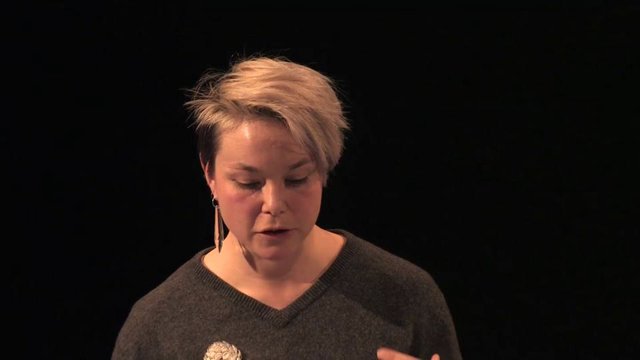
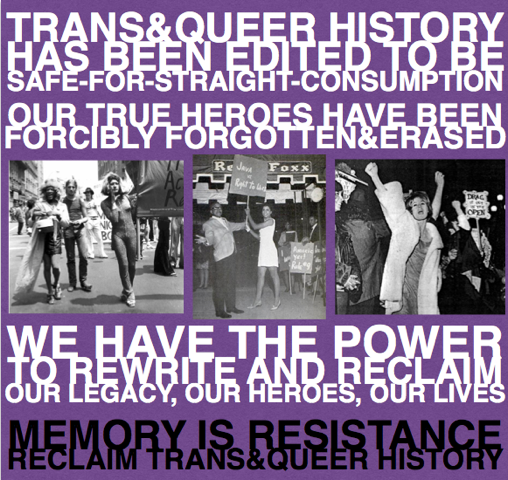
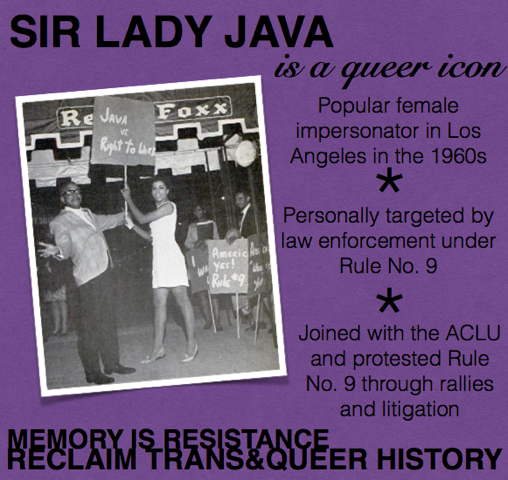
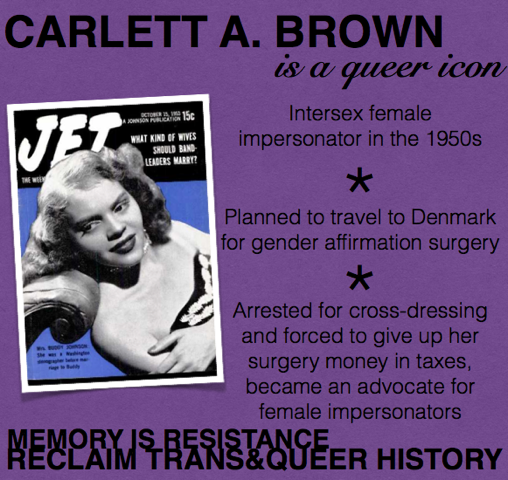

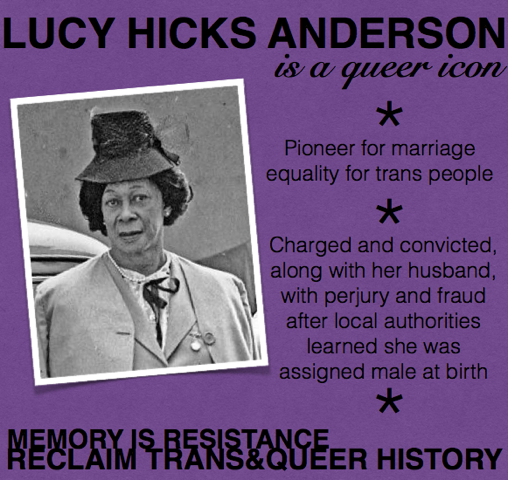
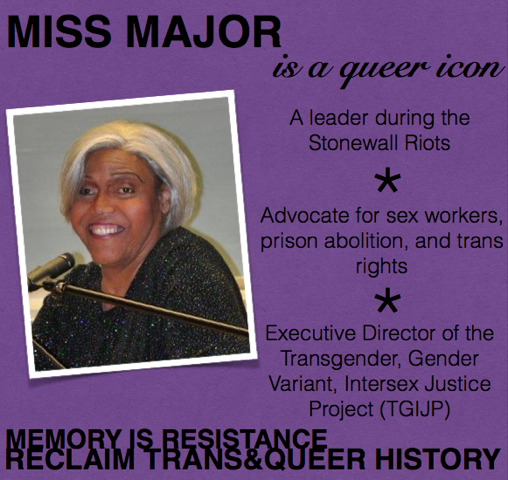
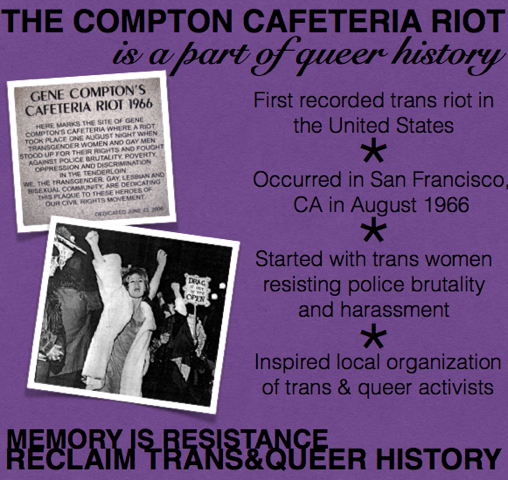





 About this time last year, two major stories had put the concept of rape culture front and center in news media around the world. A rape culture is not simply a culture in which rape occurs, but where it has become normalized, and the sexist relations surrounding it have been made to seem unproblematic. The recognition that rape is not a natural or unavoidable occurrence, but one which societies encourage by not taking it on directly, or by even apologizing for it (victim blaming), is one of the most important insights of feminist and particularly women of color organizing over the past few decades.
About this time last year, two major stories had put the concept of rape culture front and center in news media around the world. A rape culture is not simply a culture in which rape occurs, but where it has become normalized, and the sexist relations surrounding it have been made to seem unproblematic. The recognition that rape is not a natural or unavoidable occurrence, but one which societies encourage by not taking it on directly, or by even apologizing for it (victim blaming), is one of the most important insights of feminist and particularly women of color organizing over the past few decades.